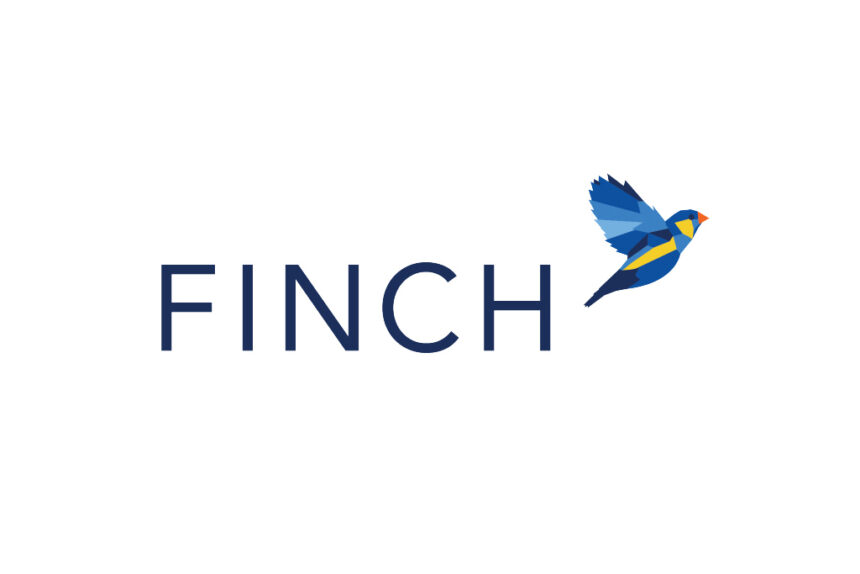When new management takes over at Finch Therapeutics next week, the team will inherit a company with steepening losses and a mere 18-month cash runway.
In the midst of a reckoning which includes gutting its management team and scrapping a late-stage trial for its lead asset, Finch on Wednesday reported a net loss of $63.9 million for the quarter, versus $24.6 million during the year-ago period.
While the microbiome biotech doesn’t expect to have any revenue for the “foreseeable future,” other than minimal collaboration income, management said there’s enough cash to keep the lights on at least through the end of next year.
“Finch believes its cash and cash equivalents on hand as of March 31, 2023, will be sufficient to fund its operating expenses and capital expenditures into 2025,” the company told investors.
R&D expenses fell by $6.9 million to $8.6 million, compared to $15.5 million for the first three months of 2022. Selling, general and administrative (SG&A) expenses remained relatively flat quarter-over-quarter.
Finch attributed the widening losses to a $32.9 million impairment charge related to R&D asset CP101, an experimental capsule for recurring C. difficile infection (CDI) whose Phase 3 clinical trial Finch ditched in January as part of a restructuring. In tandem with stopping the study, the company said it planned to downsize by 95%, laying off 77 employees.
Three months later, Finch announced a management change. On the outs were CEO and board member Mark Smith, whose last day in that role is May 15, along with COO and principal financial officer Marc Blaustein. A new management team, composed of Matthew Blischak and Lance Thibault, is set to take over the following day as CEO and CFO, respectively.
Blischak is coming off a five-year stint as VP, intellectual property counsel at Roivant Sciences. Prior to Roivant, he was VP and general counsel, global specialty IP litigation at Teva and also served as senior counsel, patents and patent litigation at Bristol Myers Squibb.
His appointment fits neatly with Finch’s new business strategy, which involves realizing the value of its IP and other assets, and advancing its microbiome technology through partnerships and collaborations. In April the company unveiled plans to partner with Brigham and Women’s Hospital on a clinical trial assessing CP101 in ulcerative colitis. Other assets include preclinical programs in Crohn’s disease and autism spectrum disorder, and more than 70 patents.
The issues at Finch can be traced back to the early days of the COVID-19 pandemic. The Food and Drug Administration slapped a clinical hold on the company based on the risk that stool samples used in manufacturing CP101 could carry the virus. The company had to implement new screening and informed-consent requirements that postponed dosing in its Phase 3 CDI trial, PRISM4.
By the time the study resumed last fall, Finch had endured two rounds of layoffs and lost a collaboration deal with Takeda. With the company unable to expedite PRISM4’s data readout, Finch had little choice but to drop the trial to preserve cash and revise its strategy.








